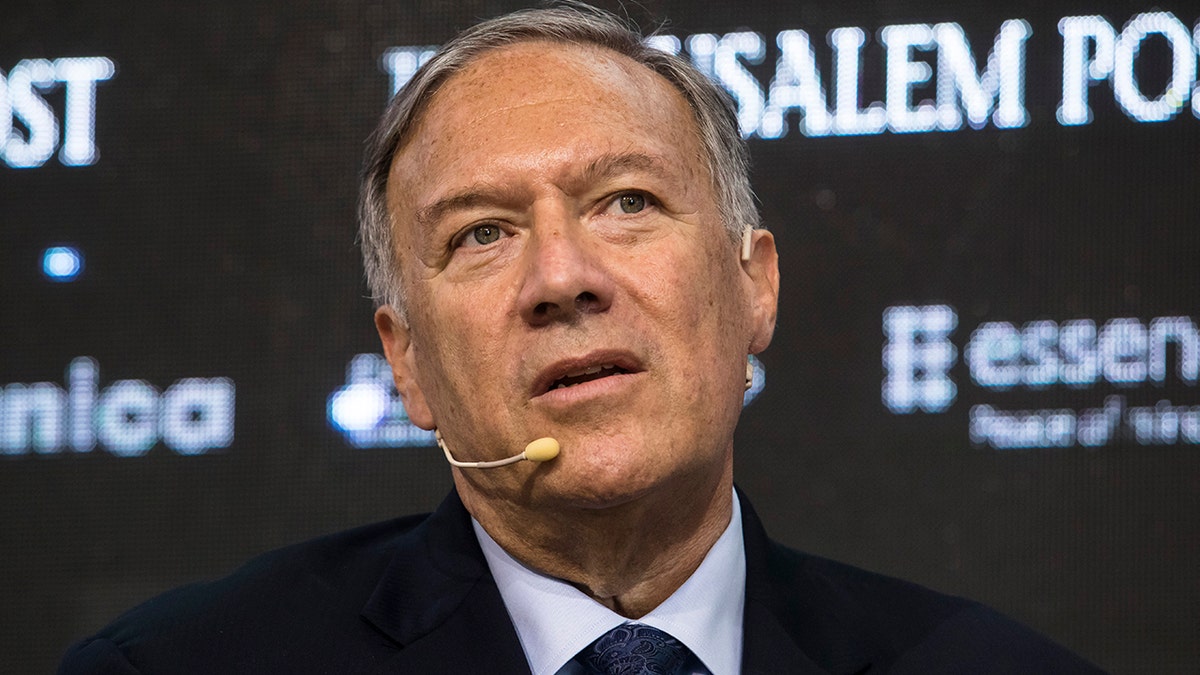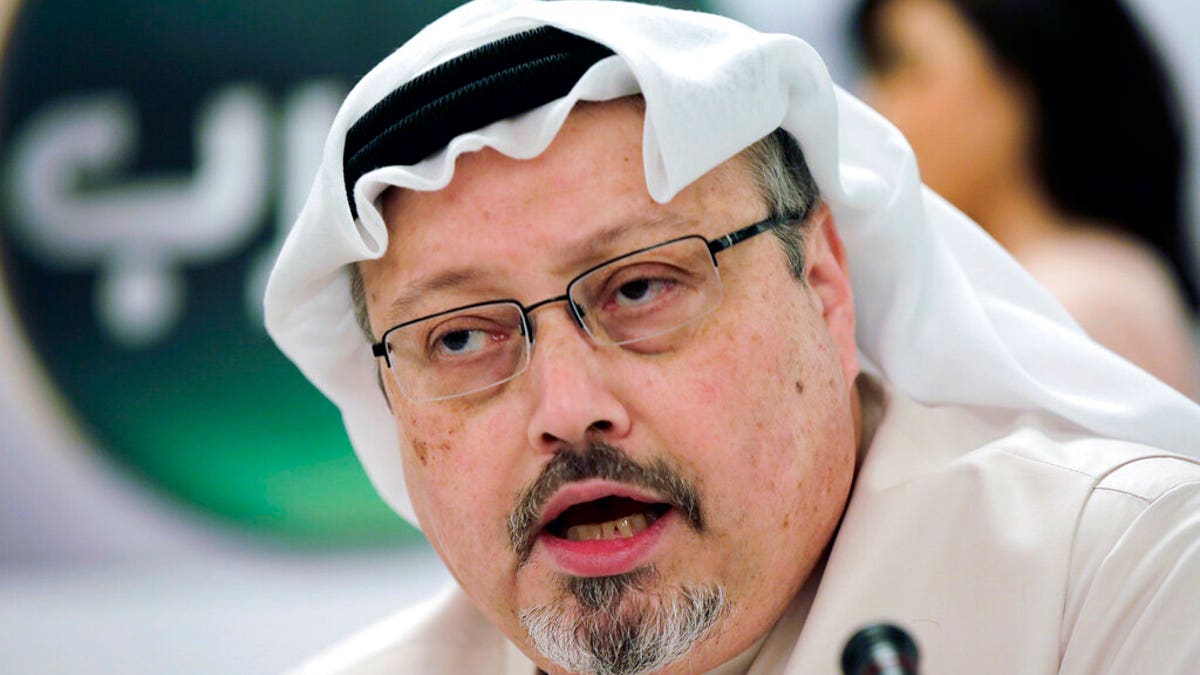Biden confronts Saudi Prince on Khashoggi's murder
Manhattan Institute adjunct fellow Judy Miller reacts to President Biden discussing human rights issues with the Crown Prince Mohammed bin Salman al-Saud during a recent trip to Saudi Arabia.
Former Secretary of State Mike Pompeo responded to the Washington Post after its publisher took affront to his characterization of slain journalist and Saudi government critic Jamal Khashoggi – whom the U.S. intelligence community concluded was killed at the direction of Saudi Crown Prince Mohammed bin Salman al-Saud.
In Pompeo's new book, "Never Give an Inch," Pompeo underlined Khashoggi's killing was "outrageous, unacceptable" and "horrific" but later characterized the Saudi native as an activist more so than a journalist, dismissing claims he was a "Saudi Arabian Bob Woodward."
Washington Post Publisher Frederick Ryan Jr. claimed Pompeo "outrageously misrepresent[ed]" Khashoggi in a fiery statement.
Khashoggi was killed in 2018 after visiting the Saudi Arabian consulate in Turkey.
POMPEO'S SECRET TRIP TO NORTH KOREA DETAILED IN NEW MEMOIR

Mike Pompeo (Amir Levy / Getty Images / File)
Ryan, who is also longtime chairman of the Ronald Reagan Presidential Foundation, claimed his fellow Republican was spreading "vile falsehoods to dishonor a courageous man's life and service … as a ploy to sell books."
On "The Bret Baier Podcast," Pompeo said he was "unsurprised" by Ryan's attack, saying that under his leadership, the Post "went on a major mission to undermine the work that we [in the Trump administration] were trying to do to keep America safe and our relationship with the kingdom of Saudi Arabia."
"They took out full-page ads. They're free to do that. Maybe they're just selling newspapers," he quipped, calling Ryan's claim that his comments about Khashoggi were a bookselling ploy "cynical, indecent and immoral."
"I didn't write that to sell books. I wrote that to explain how we were thinking about keeping the American people safe."
POMPEO SAYS TRUMP SPECIAL COUNSEL SADDENS HIM

Jamal Khashoggi speaks during a news conference in Manama, Bahrain. (AP / File)
Pompeo also made reference to aspects of Khashoggi's past, which he suggested is not often brought up.
"It was far more complicated. This is a man who praised Usama bin Laden when he passed away … suffice it to say this. This wasn't somebody working for the Wichita Eagle covering soccer games," he said.
"But none of that, none of that is intended to diminish the fact that he was murdered; just simply to say that this is a complicated problem-set in a complicated part of the world."
In 2021, Yahoo News reported Khashoggi didn't support bin Laden's terrorist activities but also did not renounce his relationship with the terrorist whom he reportedly met while covering the now-dead Al Qaeda leader's time in the Mujahideen.
The Yahoo report claimed Khashoggi tweeted in Arabic "I just fell apart crying heartbreak to you, Abu Abdullah. You were beautiful, brave in those beautiful days in Afghanistan before you succumbed to anger and passion" in the aftermath of the 2011 U.S. raid that killed bin Laden.

Ex-President Donald Trump, left, and Secretary of State Mike Pompeo (AP Photo / Evan Vucci / File)
Pompeo said the Trump administration sanctioned 13 Saudi nationals in connection with Khashoggi's killing, adding that the security relationship between the U.S. and Saudi Arabia is similarly important.
"And so while we held the Saudis accountable, we knew that that relationship mattered an awful lot."
Pompeo further called it "fascinating" that President Joe Biden now calls Saudi Arabia "a pariah nation" and travels "on bended knee" to ask for oil amid a political conundrum stateside.
"We were never naive about the reality of the world. It is indeed a nasty, brutal place. And our function every day was to do our level best to deliver security and prosperity for the American people. And that meant the important relationship with the kingdom of Saudi Arabia."
Pompeo said he and the Trump administration had "the right end of the stick" because they were not naive enough to believe the U.S. could repeatedly condemn and criticize Saudi Arabia while trying to convince them to make peace with Israel.









































